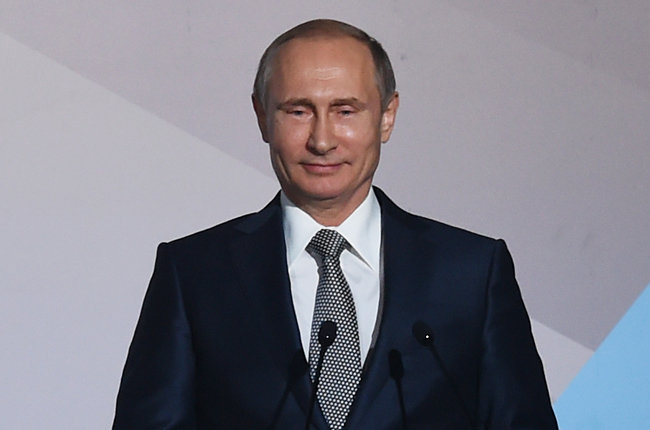Russia’s communications ministry has come up with a proposal aimed at changing the existing system of copyright royalty collection, but the initiative has been criticized by the record industry.
In accordance with the proposal, published on a governmental web site, the current practice of collective rights management, which doesn’t require rights holders to sign contracts with collection societies, has several substantial flaws, such as “insufficient transparency” for royalty collections and those royalties’ distribution among rights holders, as well as a lack of tools for control over collection societies’ operations. The communications ministry proposes that copyright royalties should only be collected on the basis of an agreement between a rights holder and a collection society. The proposal would also cancel the practice of having just one state-appointed collecting society and allow new players to enter the market.
The ministry’s proposal comes just weeks after Russia’s three main collection societies, RAO (Russia’s Author Society), VOIS and RSP, announced a merger, which they said would make their operations more transparent and simplify procedures for rights holders.
Andrei Krichevsky, head of the state-run Melodiya label, was quoted by the news agency RIA Novosti as saying that the proposal was “incompetent” and the existing system of copyright royalty collection has proven to be efficient.
Incidentally, last Friday, shortly after making that comment, Krichevsky, who also holds the position of RAO’s deputy general director, was attacked and severely beaten when leaving his office in central Moscow.
As the attack is being investigated, RAO said it was most likely linked to his professional activities.
Following the attack on Krichevsky, Russian labels Billboard attempted to contact declined to comment on issues related to copyright royalty collection.
Currently, Russian collecting societies collect royalties for all rights holders, regardless of whether they have contracts with collecting societies or not, a structure that has garnered some criticism.
Alexei Nikitin, managing partner of United Music Group, was quoted by the business daily Vedomosti as saying that the existing system is working well enough.


